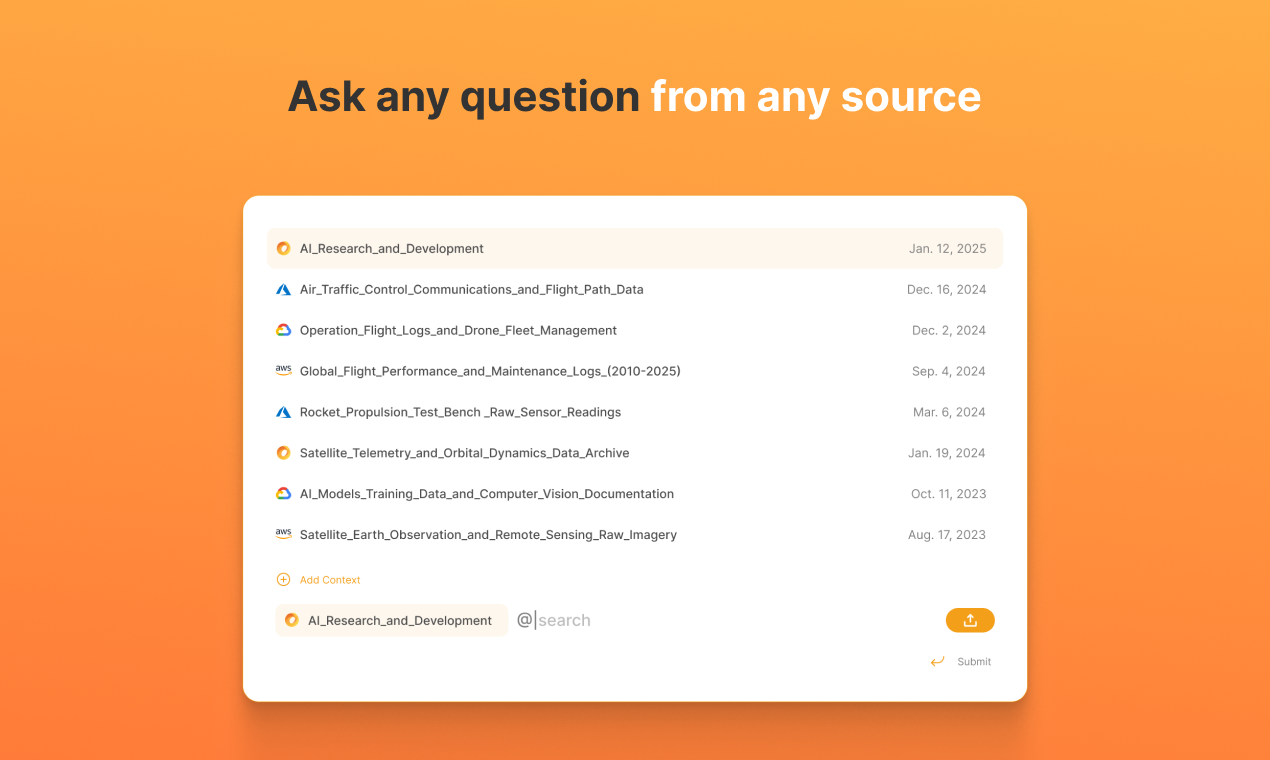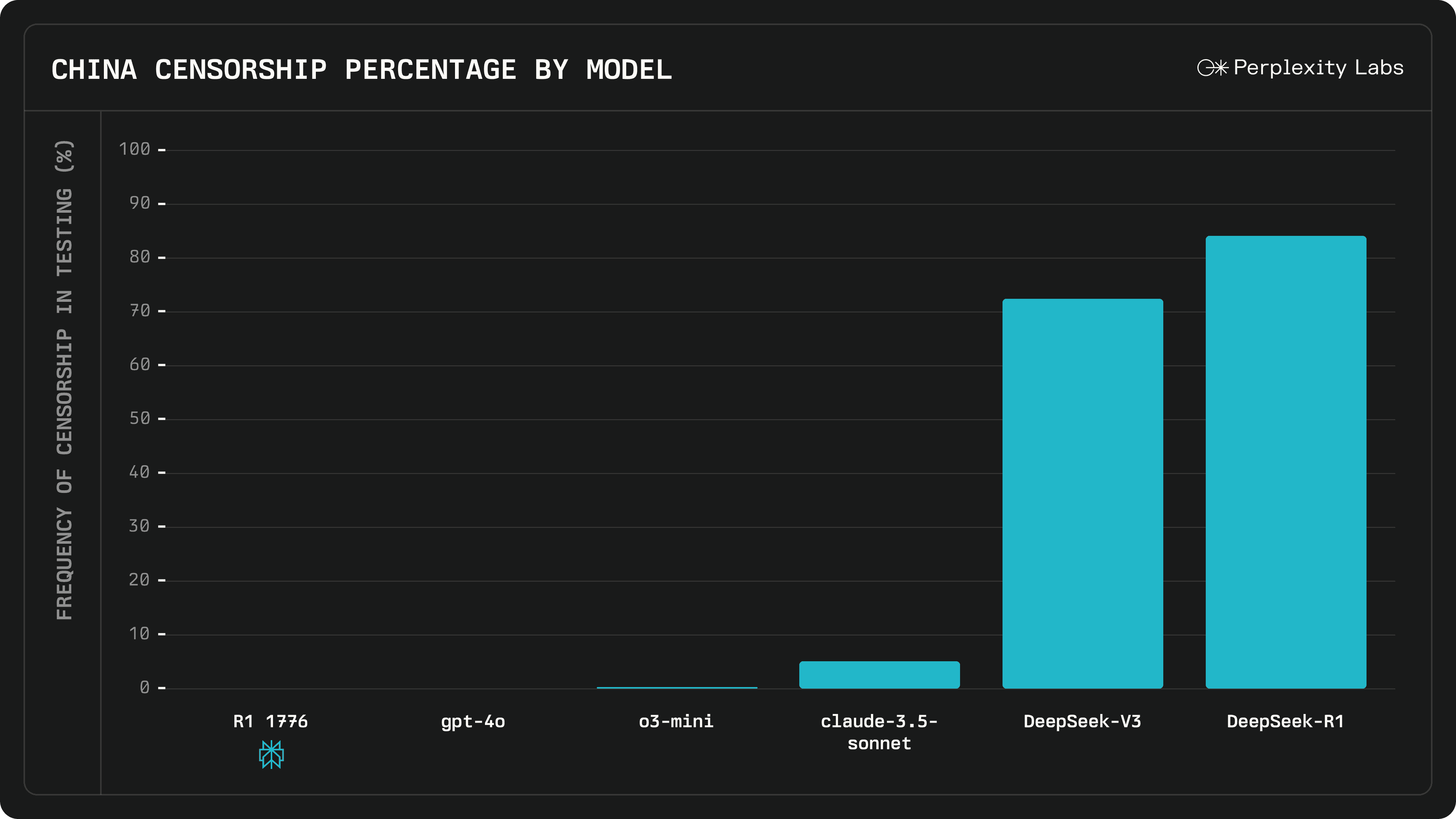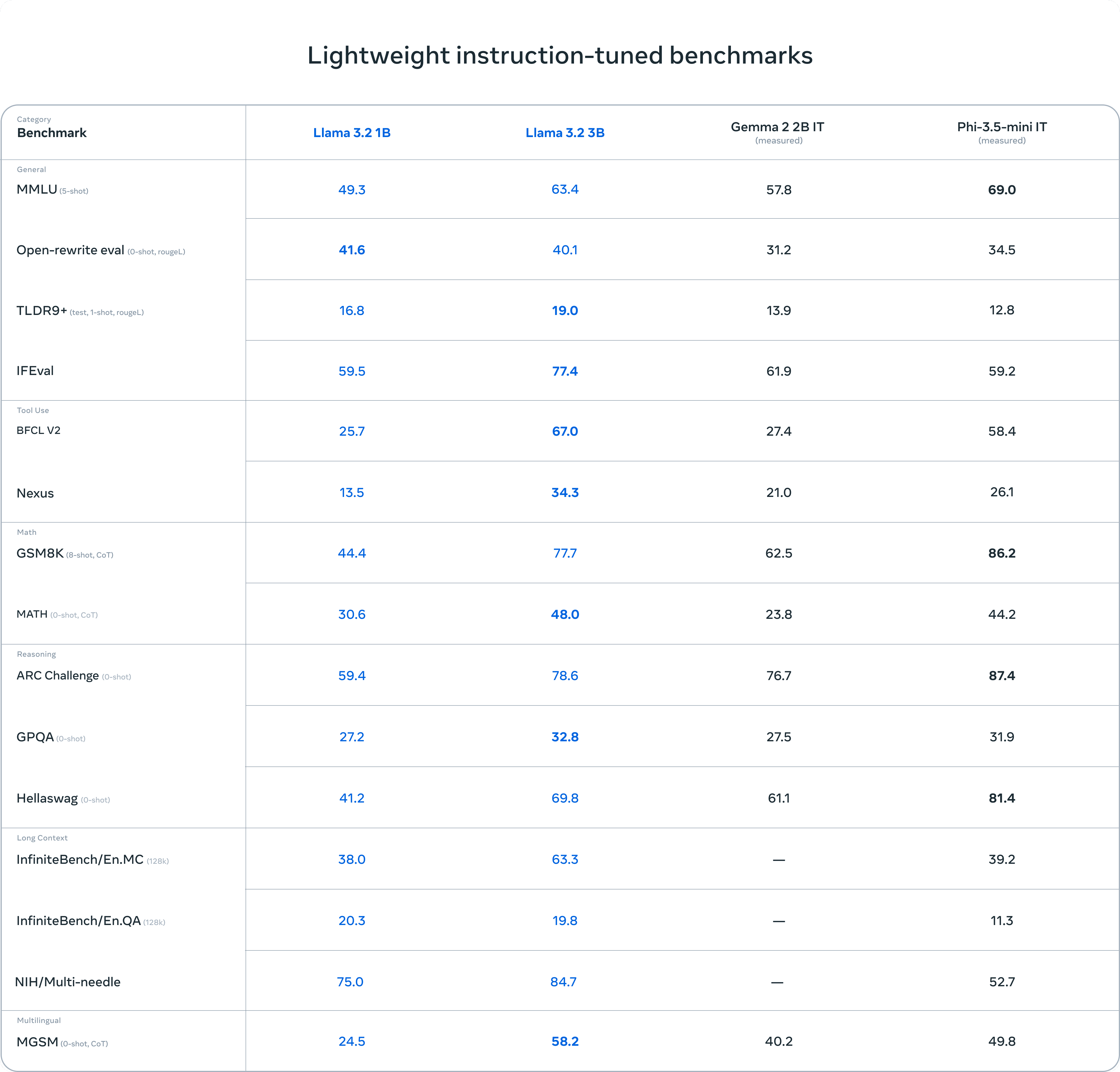Jina Inferential Deep Search Tool DeepSearch API is now live!
In the midst of the ever-changing wave of artificial intelligence technology, Jina AI recently released its latest masterpiece -- the DeepSearch API, a revolutionary inference-based deep search tool that has attracted a lot of attention in the industry. The API is touted as being able to act like a human researcher andSearching, reading and reasoning to find the optimal answer, bringing users an unprecedented search experience.

DeepSearch API: deep exploration of information boundaries
The core idea of the DeepSearch API is to break through the limitations of traditional search technology by going further than simply retrieving keywords.Simulating the human process of in-depth researchAs Jina AI officials emphasize, DeepSearch is able to perform a complete process of "search and reasoning" to respond to those who need iterative reasoning about the world's knowledge or the latest news. As Jina AI officials emphasize, DeepSearch is able to perform a complete process of "searching, reading, and reasoning" for complex queries that require iterative reasoning, extensive world knowledge, or up-to-date information.
Compatible with OpenAI Chat API: Seamless interface with existing ecosystems
It is worth mentioning that the DeepSearch API is designed with developers' usage habits in mind.Fully compatible with OpenAI's Chat API modeThis means that developers can switch their existing OpenAI chat applications to the DeepSearch platform extremely easily. This means that developers can switch their existing OpenAI chat apps to the DeepSearch platform extremely easily, by simply switching the API endpoints chat.openai.com Replace with deepsearch.jina.ai Ready to go.
The following is an example of how to use the curl Example of a command calling the DeepSearch API:
curl https://deepsearch.jina.ai/v1/chat/completions \
-H "Authorization: Bearer jina_07515539916047afa9a13d59da8d850ccim8_UGTw_MTA1U3VDDXNt7Euq65" \
-H "Content-Type: application/json" \
-d @- <<EOF
{
"model": "jina-deepsearch-v1",
"messages": [
{
"role": "user",
"content": "Hi!"
},
{
"role": "assistant",
"content": "Hi, how can I help you?"
},
{
"role": "user",
"content": "what's the latest blog post from jina ai?"
}
],
"stream": true,
"reasoning_effort": "medium"
}
EOF
Interactive Experience: Conversations with DeepSearch
In order for users to experience the power of DeepSearch more intuitively, Jina AI has also provided theLive Chat DemoThe DeepSearch software is designed to be used in a variety of ways, including. Users can talk directly with DeepSearch through a simple chat interface to get a first-hand look at its deep search capabilities.
For example, users can try asking the following questions to test DeepSearch's performance in different scenarios:
- What does OpenAI's latest blog say?
- What is the motivation behind the node-DeepResearch program?
- What are the improvements of jina-colbert-v2 over jina-colbert-v1?
These questions cover multiple dimensions such as information retrieval, project background exploration, and comparison of technical details, which can effectively test DeepSearch's comprehensive search and reasoning capabilities.
Core Benefits of DeepSearch: Beyond the Traditional Search Paradigm
The core value of DeepSearch lies in itsIn-depth research capacity. It combines multiple mechanisms such as web searching, information reading and logical reasoning to perform comprehensive information investigations. Think of DeepSearch as an intelligent research assistant that, when given a research task by the user, autonomously conducts extensive searches and iterative rounds to produce an answer. This process involves continuous research, logical reasoning, and multi-perspective problem analysis, which is different from traditional large-scale language modeling (LLM) and retrieval-based augmentation generation (RAG) are fundamentally different.
In order to more clearly compare the differences between DeepSearch and traditional LLM and RAG systems, Jina AI officially gives the following comparison:
| characterization | Large model (LLM) | RAG Paradigm and LLM with Searching | DeepSearch |
|---|---|---|---|
| lexical element cost | About 1,000 words | About 10,000 words | About 500,000 words |
| response time | Approx. 1 sec. | Approx. 3 seconds | Approx. 50 seconds |
| Applicable Scenarios | Quick answers to common sense questions (some scenarios apply) | Issues requiring current or area-specific information (as applicable) | Complex issues requiring in-depth research and reasoning (applicable) |
| limitations | No access to real-time or post-training information (not applicable) | Difficulty in solving complex problems requiring multi-hop reasoning (not applicable) | More time consuming than simple LLM or RAG methods (potential problem) |
| Answer generation mechanism | Completely generated from pre-trained knowledge with fixed knowledge deadlines | Generate answers by aggregating single search results | Autonomous intelligence with iterative search, reading and reasoning |
| Real-time information access | unsupported | Support, ability to access current information beyond training deadlines | Support, ability to dynamically adjust next steps based on current findings |
| In-depth research capacity | finite | सीमित | Powerful, with the ability to dive deeper into a topic through multiple search and reasoning cycles and self-assess before returning results |
Client Integration and API Details
Client Integration On the other hand, DeepSearch maintains a high degree of compatibility with OpenAI's Chat API architecture. Users can easily integrate DeepSearch into any OpenAI-compatible chat client.
API endpoints: https://deepsearch.jina.ai/v1/chat/completions
Model Name: jina-deepsearch-v1
API key: [Your Jina API key] (New API key offers 1 million free words)
Frequently Asked Questions (FAQ)
What is DeepSearch?
DeepSearch is a large language modeling API that performs iterative search, reading, and reasoning until an exact answer to a query is found or a lexical budget limit is reached.
How does DeepSearch differ from OpenAI and Gemini's deep research capabilities?
With OpenAI and Gemini Unlike DeepSearch, which focuses on providing accurate answers through iterative search rather than generating long-form content. DeepSearch is optimized for fast, accurate answers from deep web search, rather than generating comprehensive research reports.
What API keys do users need to use DeepSearch?
Users will need a Jina API key. Jina AI is offering 1 million free word elements for the new API key.
What happens when DeepSearch reaches the lexical meta-budget limit? Does it return incomplete answers?
When DeepSearch reaches the lexical budget limit, the system generates a final answer based on all accumulated knowledge without directly terminating or returning incomplete results.
Can DeepSearch guarantee the accuracy of the answers?
The answer is not absolutely accurate. Although DeepSearch improves accuracy through iterative search, evaluations show that it achieves a pass rate of 751 TP3T on test questions, significantly better than the baseline model gemini-2.0-flash's 01 TP3T. However, DeepSearch still has room for improvement.
How long does a typical DeepSearch query take?
Query times for DeepSearch vary widely. Depending on the evaluation data, queries may take from 1 to 42 steps, with an average of 4 steps and an average query time of about 20 seconds. Simple queries may be completed quickly, while complex research questions may involve multiple iterations and can take up to 120 seconds.
Will DeepSearch work with any OpenAI-compatible client such as Chatwise, CherryStudio or ChatBox?
DeepSearch API (deepsearch.jina.ai/v1/chat/completions) is fully compatible with the OpenAI API architecture, and the model name is jina-deepsearch-v1This allows users to easily switch from OpenAI to DeepSearch and use it with their local client or any OpenAI-compatible client. This makes it easy to switch from OpenAI to DeepSearch and use it with a native client or any OpenAI-compatible client. Chatwise is one of the officially recommended clients for an even better experience.
What is the rate limit for the API?
The rate limit depends on the API key tier and ranges from 10 RPM to 30 RPM. For high query volume application scenarios, rate limiting is an important consideration.
<think> What's in the tag?
DeepSearch encapsulates the thinking steps in XML tags <code><think>...</think></code> in and output before the final answer. This approach follows the OpenAI streaming data format and uses special tags to present the reasoning process.
Does DeepSearch use Jina Reader for web searching and reading?
Yes. Jina Reader is used for web searching and reading, providing the system with the ability to access and process web content efficiently.
Why does DeepSearch consume a lot of lexical elements when processing queries?
Indeed, DeepSearch has a relatively high word-consumption when processing complex queries, averaging around 70,000 words, whereas traditional large language models typically respond with as little as 500 words. This reflects the nature of DeepSearch's deep research, but also implies higher costs.
Is there any way to control or limit the number of steps?
DeepSearch is controlled primarily by the word budget rather than the number of steps. Once the budget is exceeded, the system goes into "Beast mode" to generate the final answer. About DeepSearch reasoning_effort parameter, consult the documentation for more information.
How reliable are the references in the answer?
The reliability of the references is critical. If the system determines that the answer is sufficiently clear and unambiguous, but lacks reliable reference support, DeepSearch will continue to search until a credible source is found.
Can DeepSearch handle questions about future events?
Yes, DeepSearch is able to handle questions about future events, but that usually requires a lot of research and iteration. "Who will be president in 2028?" This example shows that DeepSearch can handle speculative questions with multiple research iterations, although the accuracy of its predictions cannot be guaranteed.
© Copyright notes
Article copyright AI Sharing Circle All, please do not reproduce without permission.
Related articles

No comments...




